Marijuana Laws Slowly Impact Industrial CRE
As more and more states legalize the medical and/or recreational use of marijuana, demand for cultivation/grow facilities is on the rise, spurring the repurposing of distribution and warehouse properties to accommodate the budding business.
By Barbra Murray
The industrial sector of the commercial real estate industry is going through a slow but inevitable change, and it has more than a little to do with the budding marijuana business, according to Integra Realty Resources’ new Marijuana Real Estate report.
As of January 2018, 29 states and the District of Columbia have legalized marijuana for medicinal use and 10 have legalized recreational marijuana, with Vermont becoming the first to give the green-light through legislature. As the Marijuana Industry grows, so does the need for cultivation/grow facilities—which usually take the form of specially-converted warehouses or distribution centers—thereby impacting the industrial sector of commercial real estate.
“The demand for MI-related real estate in the years ahead will be substantial and likely to exceed what most real estate industry veterans projected even a few short years ago,” according to the report. The proof is in the numbers. IRR points to figures provided by commercial real estate services firm CBRE, noting that the effective per square-foot lease rate for grow facilities in Denver (Colorado and Washington were the first states to legalize cannabis for recreational use) climbed to $14.19 in 2017, marking a figure 2 to 3 times higher than the average warehouse lease rates.
No bandwagon effect—yet
While demand for grow facilities continues to rise as state-legalization spreads, the commercial real estate investment community has yet to fully embrace this subsector of industrial properties; corporate players have not established a presence in this nascent market. And the obstacle doesn’t necessarily pertain to any lingering stigma.
“In short, there is just too much financial and legal risk at this point,” Charles Jack IV, a senior managing director with Integra Realty Resources, told Commercial Property Executive. There’s a lengthy list of financial challenges, including the inability to bank in terms of customer payment processing via debit/credit card transactions; checking; credit lines; and mortgages, etcetera. And then there’s the legal side of it all. “The regulatory risks are many, but the biggest one boils down to the fact that marijuana is still illegal at the federal level,” Jack added. “[However,] once the banking hurdles disappear and the legal questions are answered, it will be ‘off to the races’ with regards to larger publicly traded companies getting involved in the U.S. marijuana industry.”
The Mavericks
There are U.S. investment companies that have looked beyond the legal and financial challenges associated with MI-related real estate. Innovative Industrial Properties Inc., a provider of creative real estate capital solutions to the medical-use cannabis industry, closed its initial public offering in December 2016 and has been snapping up facilities tenanted by licensed growers ever since. Most recently, the REIT completed the $15 million acquisition of a 350,000-square-foot greenhouse and industrial property in Willcox, Ariz., in a sale-leaseback transaction with The Pharm, a wholesaler of medical-grade cannabis. But Innovative Industrial isn’t the norm in the market—not that there is a norm.
“Due to a lack of regulation at the federal level, the market remains fragmented and localized,” Jack noted. “It’s not necessarily mom-and-pops in this sector, but rather relatively successful local business professionals with a higher net worth in the multi-millionaire net range.”
However, things can change fast and California, where recreational use of marijuana became legal on January 1, 2018, may very well play a starring role in sparking a turning point. Per the IRR report, “Given that California is the most populous state in the nation, its 2018 entrance into the recreational marijuana market is certain to have a major and immediate impact on demand for marijuana-related real estate.”
Image courtesy of Integra Realty Resources


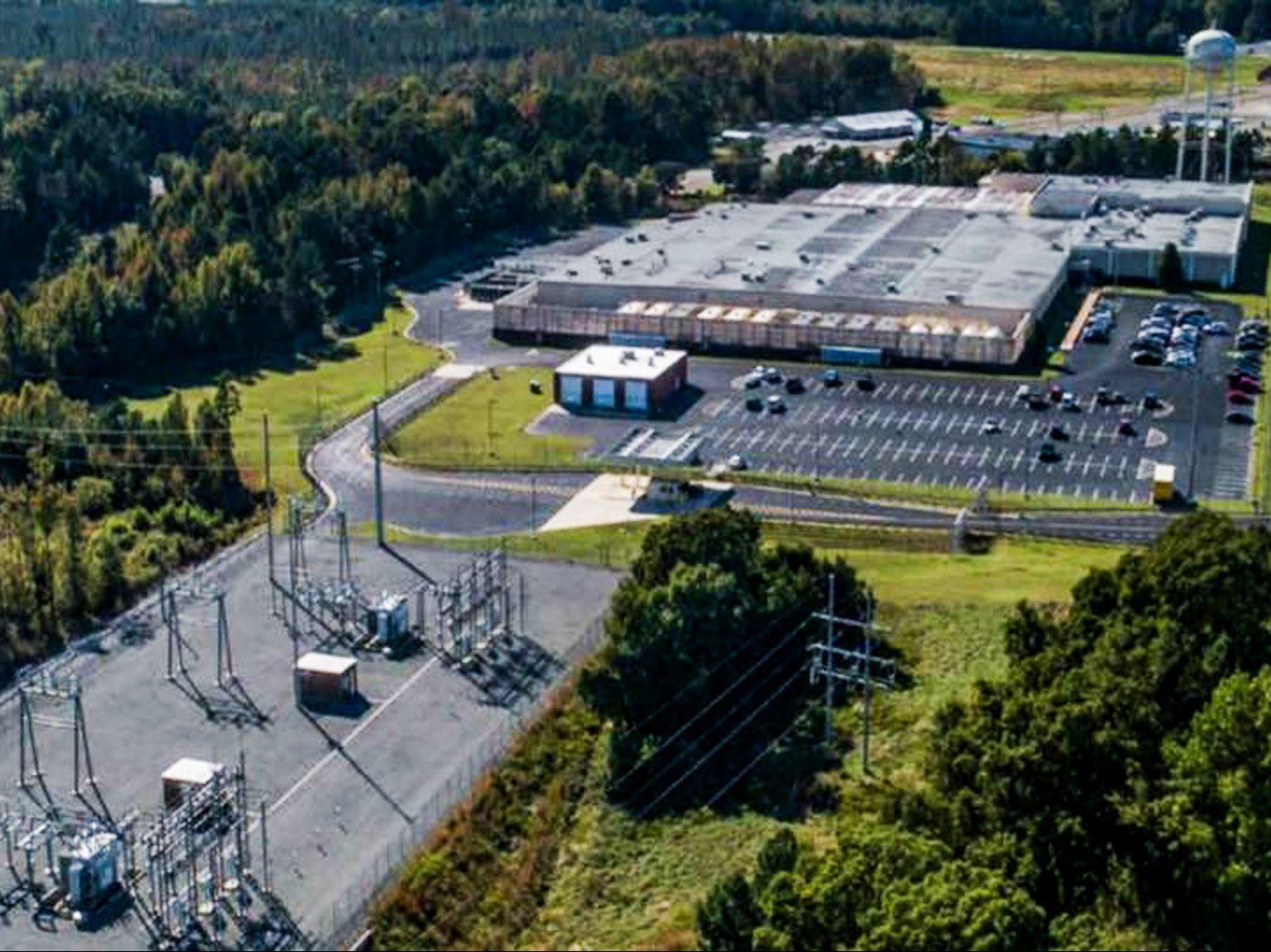
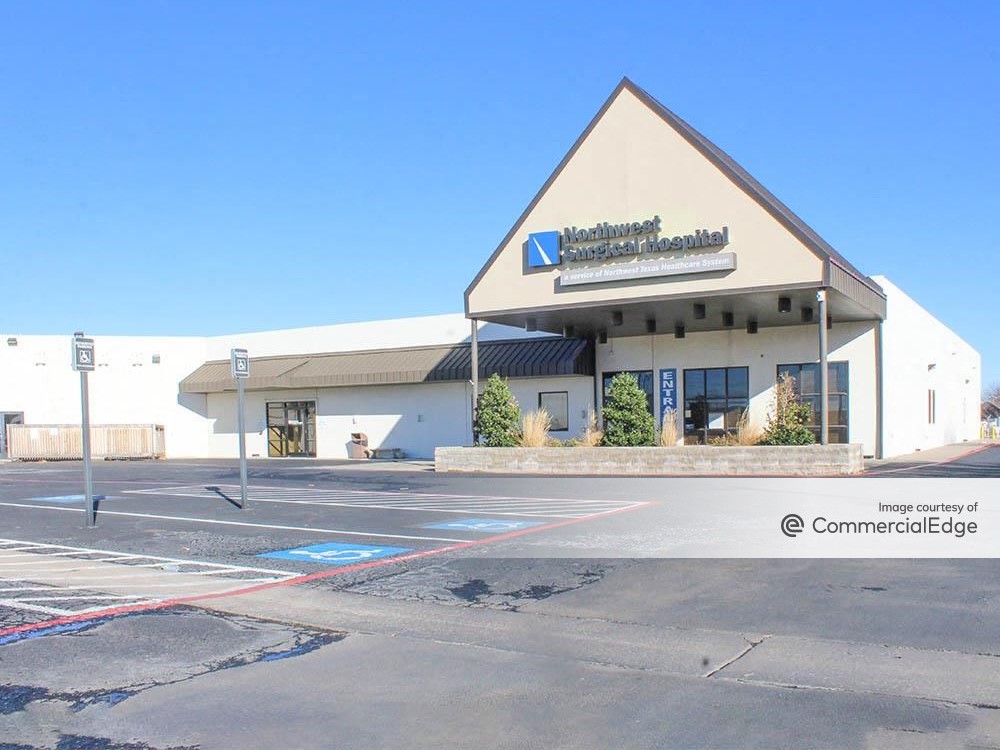
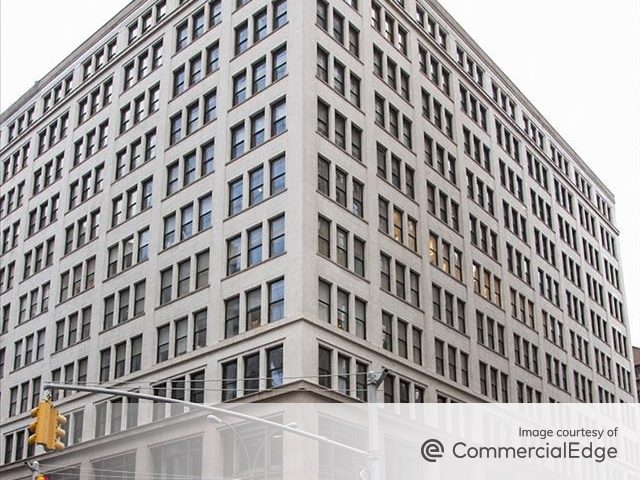
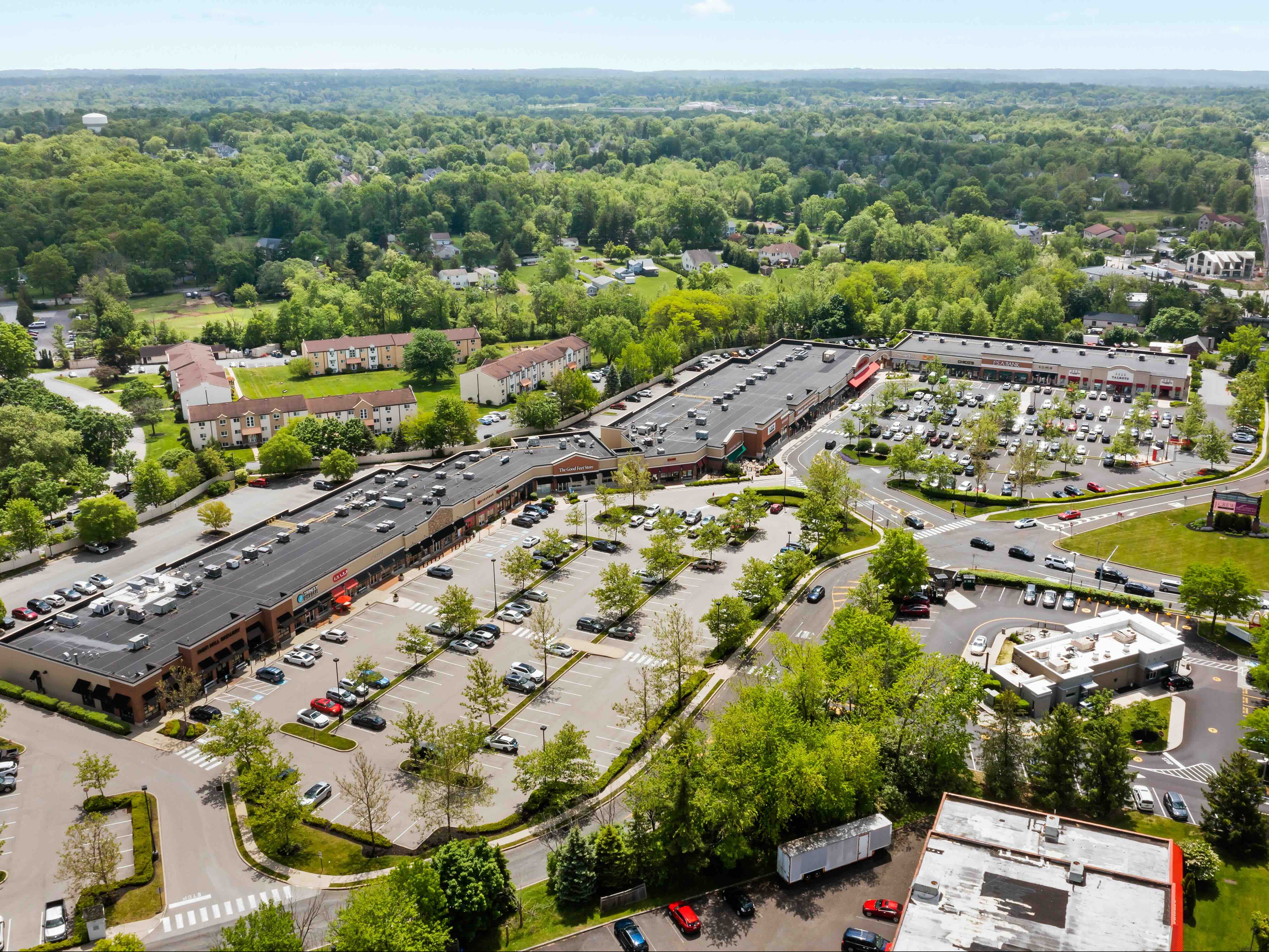
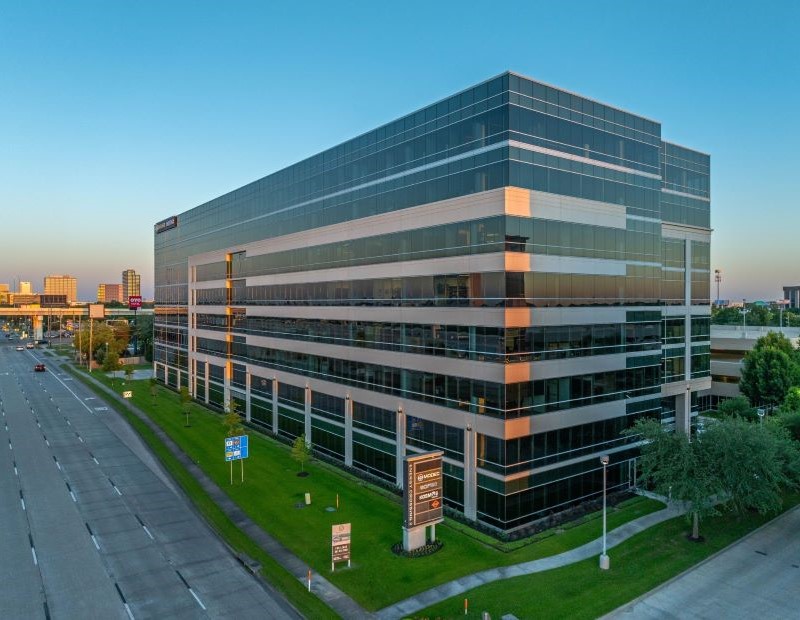
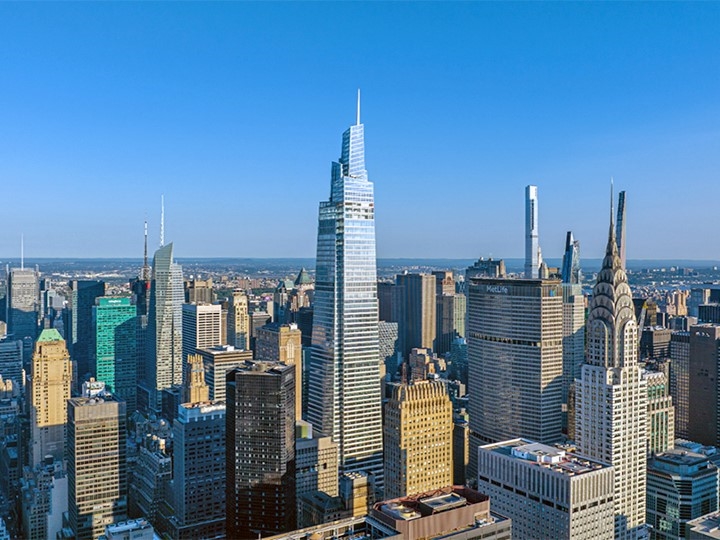
You must be logged in to post a comment.